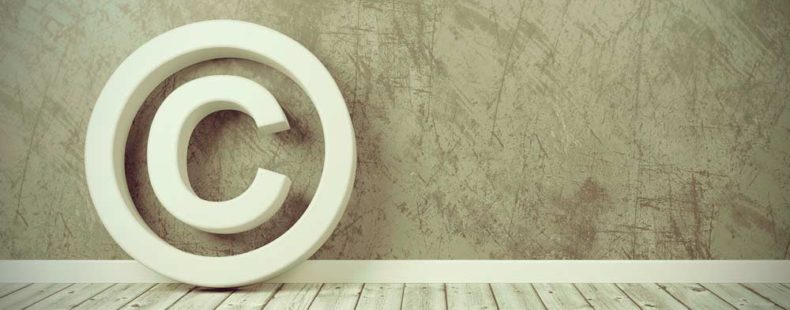Trademarks™, copyrights©, and bears, oh my!
These little symbols are everywhere. Heck, scroll down the page you’re reading. See, bottom left? © 2019, Dictionary.com LLC. (Limited Liability Company.)
Companies and individuals use these symbols, and the legal weight behind them, to protect their intellectual property, their identities, their assets … the whole spectrum of commerce. And, sometimes the most common phrases are actually trademarked or copyrighted by companies. So, let’s take a look at some of the words and phrases you’re using … illegally (without even knowing it.)Just kidding, trademarks only prohibit people from using the words and phrases commercially.

























